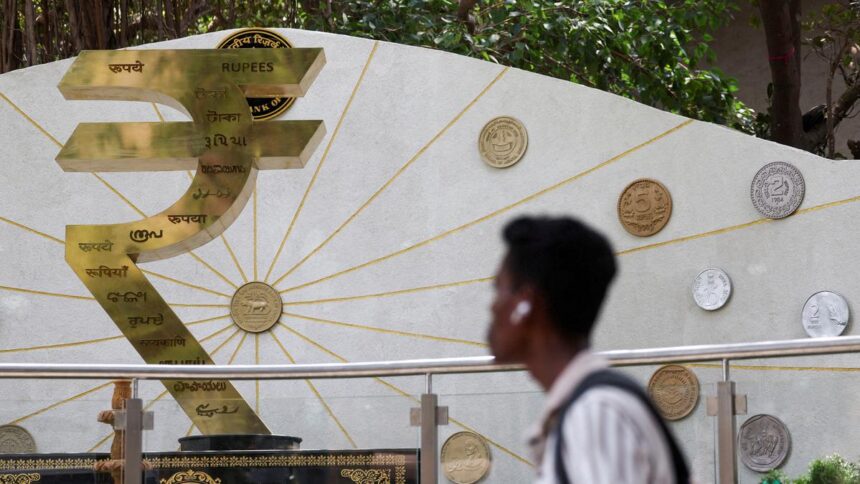Investing overseas, especially in the U.S., is not just about opening a broker account, picking a stock, clicking a ‘buy now’ button and enjoying double-digit returns.
It requires a thorough understanding of rules and regulations and tax implications of both the countries, open/hidden costs incurred and logistics behind it. It is crucial to understand how to transact legally, without landing in trouble. Let’s check this.
Legal framework
On February 4, 2004, Liberalised Remittance Scheme (LRS) was introduced with a limit of $25,000. Later, owing to the then prevailing micro- and macro-economic factors, the LRS limit was revised in stages.
Currently, as per the LRS, Indian resident individuals, including minors, can remit up to $2,50,000 per financial year for permissible transactions such as education, travel and investments including the U.S. stocks. If your total foreign remittance in a financial year exceeds ₹10 lakh, Tax Collected at Source (TCS) will apply and the rate depends upon the purpose of remittance.
Withholding tax
If you receive dividend from a U.S. stock, it is treated as foreign income and will be subject to an upfront withholding tax of 25% in the U.S.
Further, the balance 75% of the dividend income is taxable in India as per slab rates.
However, thanks to the India-U.S. Double Taxation Avoidance Agreement (DTAA), you can offset the dividend tax withheld in the U.S. against your tax liability in India, by claiming a foreign tax credit by filing Form 67. Again, it is easier said than done.
Individuals face multiple challenges while claiming DTAA benefits. For instance, exchange rates, time duration etc. viz. the fiscal year in the U.S. is different from that of India’s April-March cycle. The DTAA is a treaty between the two countries to avoid double taxation by individuals with financial dealings in both the countries.
Capital gains
The U.S. does not levy capital gains tax for Indian residents who invest in U.S. stocks, if they are considered Non-resident Aliens (NRAs) for the U.S. tax purposes. But India taxes capital gains on your U.S. stock profit. If you have held U.S. stocks for more than two years (24 months), it is considered long-term capital gains (LTCG) and will be taxed at 20% tax plus surcharge and cess.
If you have held the shares for less than 24 months, it is considered short-term capital gains and is taxed according to your income slab rate.
Disclosure, compliance
As per the Black Money (Undisclosed Foreign Income and Assets) and Imposition of Tax Act, 2015, non-disclosure of foreign assets is considered a violation and attracts a penalty of ₹10 lakh per year of default for an undisclosed foreign asset.
In extreme cases, you might have to face imprisonment of up to seven years. All foreign assets, including the U.S. stocks, must be declared in Schedule FA of the Income Tax Return (ITR) portal while filing returns.
Any non-disclosure of the U.S. stocks, be it even for a negligible amount of $1, will attract hefty penalties under the Black Money Act, 2015. Further, most people are under the impression that you should disclose details about the U.S. stock holdings only if the stocks are sold and the capital losses/gains are realised. That’s not true. It is immaterial whether you sell the stock, or you just keep accumulating stocks for long-term.
Even if you buy a single U.S. stock for just $1 or even less, it is advisable to disclose it in under Schedule FA. Further, even if you receive a dividend of $1 or even less than that, it must be disclosed.
FA non-disclosure
Suppose, let’s assume that owing to lack of awareness, you have not disclosed under Schedule FA. Against this backdrop, if your returns are already filed, the first option is voluntary disclosure via revised return (if applicable) and the second option is to file updated return (ITR-U) under Section 139(8A), applicable for the last two assessment years, but with a penalty.
In either case, it is advisable to seek the help of an experienced auditor to review past returns, fix errors and stay compliant from thereon. If a mistake of non-disclosure, whether deliberate or unintentional, has happened, early correction is safer than receiving a notice from the IT Department.
(The writer is an NISM & CRISIL-certified Wealth Manager and certified in NISM’s Research Analyst module)
Published – August 04, 2025 06:02 am IST






















